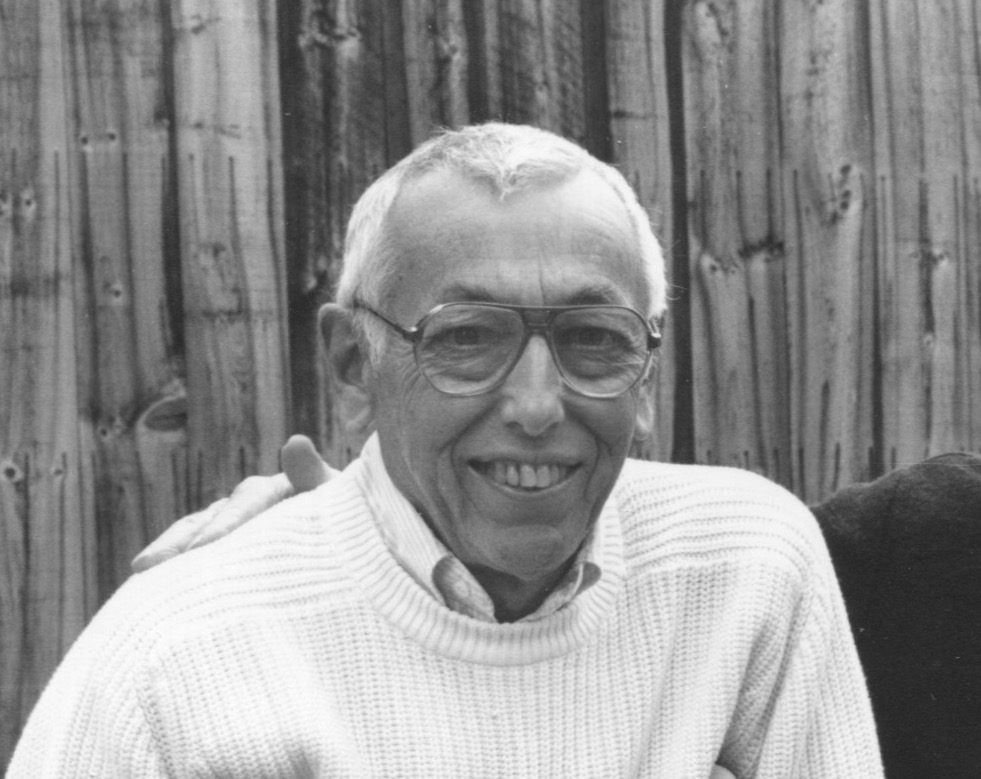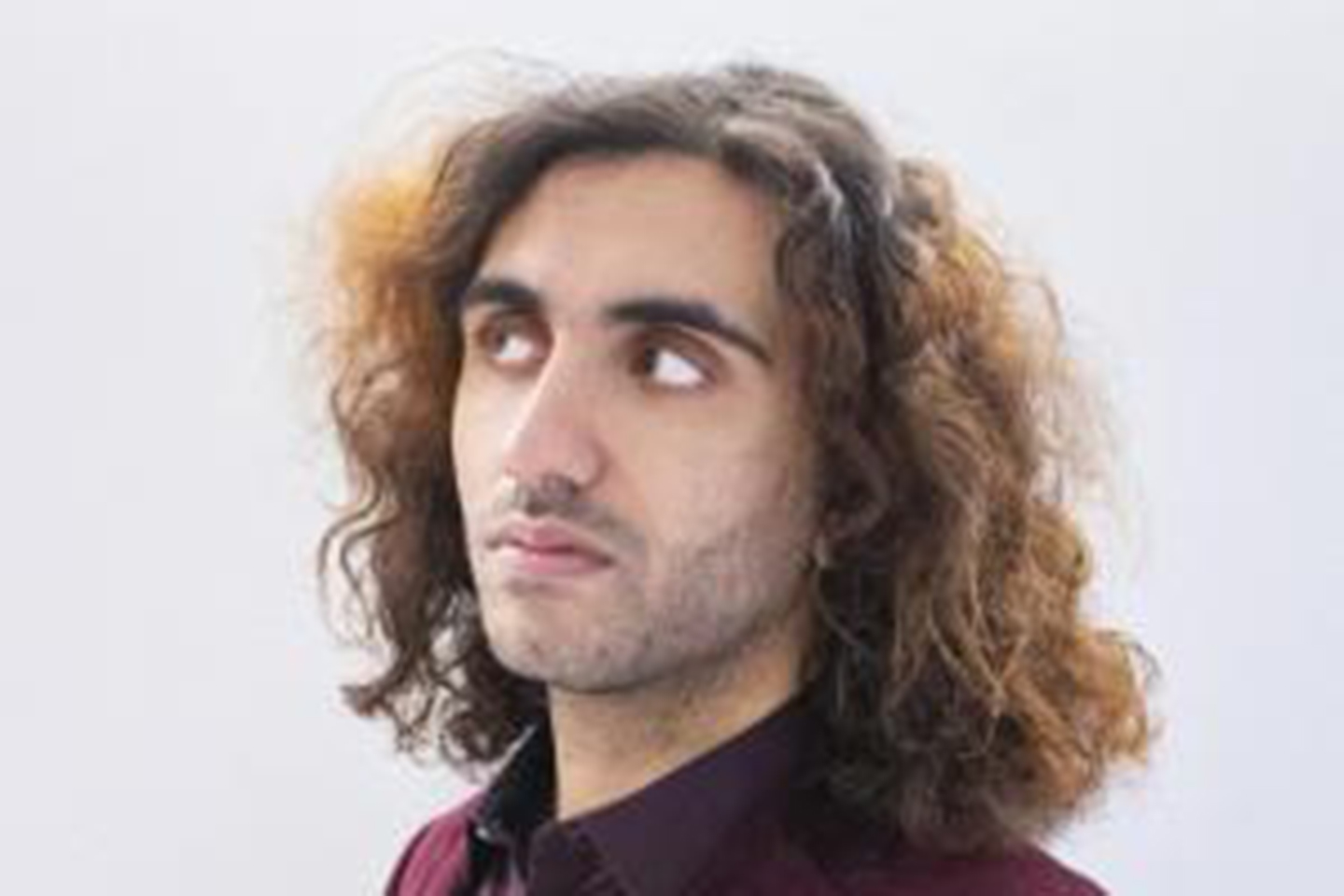
I took four years off after high school, and I became aware of Marlboro through Colleges that Change Lives. I visited and it just clicked. I spoke with philosophy profossor William Edelglass about what kinds of things I could study here. I knew I wanted to be somewhere rural, and I knew I wanted to be somewhere I could get a lot of space, slow down, and study what interested me: a rural place where you could study wherever your mind or heart takes you. Marlboro seemed to fit the bill perfectly.
ABOUT ACADEMICS AT MARLBORO
I study religion and philosophy, so I work really closely with two professors. Educational theorist Sir Ken Robinson says the fundamental essence of education is about someone who is teaching and someone who is receiving learning. You’re not really studying in breadth; you are studying in depth. So basically, studying philosophy and religion, it has been exceptionally helpful to be at Marlboro where that student-teacher relationship is really highlighted. The core of experience is just human interaction. Marlboro really affirmed that for me.
ABOUT LIFE AT MARLBORO
I was looking for an environment where I would not have to engage with a lot of institutional bureaucracy. I wanted a space that was really quiet and calm, and I think not everyone wants that. People who are coming directly from high school aren’t necessarily looking for a monastic experience. Everything that happens here at Marlboro happens through personal relationships. Events are mostly by word of mouth. Clubs form on their own, through people making friends with each other over the course of a semester.
ABOUT BUDDHISM
I use Buddhism as a lens to study many different things, to see how ideas influence practice and to understand larger principles at play: how Buddhism is being interpreted in the west and maybe misinterpreted in the west. That dynamic holds true for any tradition that is evolving. I got a grant last summer to study philosophy in Nepal, in partnership with a Tibetan monastery. It’s so easy in philosophy, when studying these ancient texts, to forget that most people through history have not engaged with texts as their primary source for their religious tradition—it’s usually by contact with teachers or just general social practice—and so being in that cultural context was really cool, to see that most people weren’t studying the texts, they were doing the practices.
ADVICE FOR PROSPECTIVE STUDENTS
Don’t worry so much about having to find the deepest meaning to the grandest questions within four years. You have your whole life to do that. The purpose of these four years is to get the skills to do that for the rest of your life. It’s just a matter of engaging with that process yourself. That applies to dance or music or any skill. If you look at the kind of education you get at Marlboro or other liberal arts institutions as a craft—it’s just a craft of freethinking, original thinking—then I think you could have a much healthier relationship with your education. Because you have your whole life to engage with the grand questions. The examined life—In my opinion there isn’t anything else to do that’s more worthwhile.



